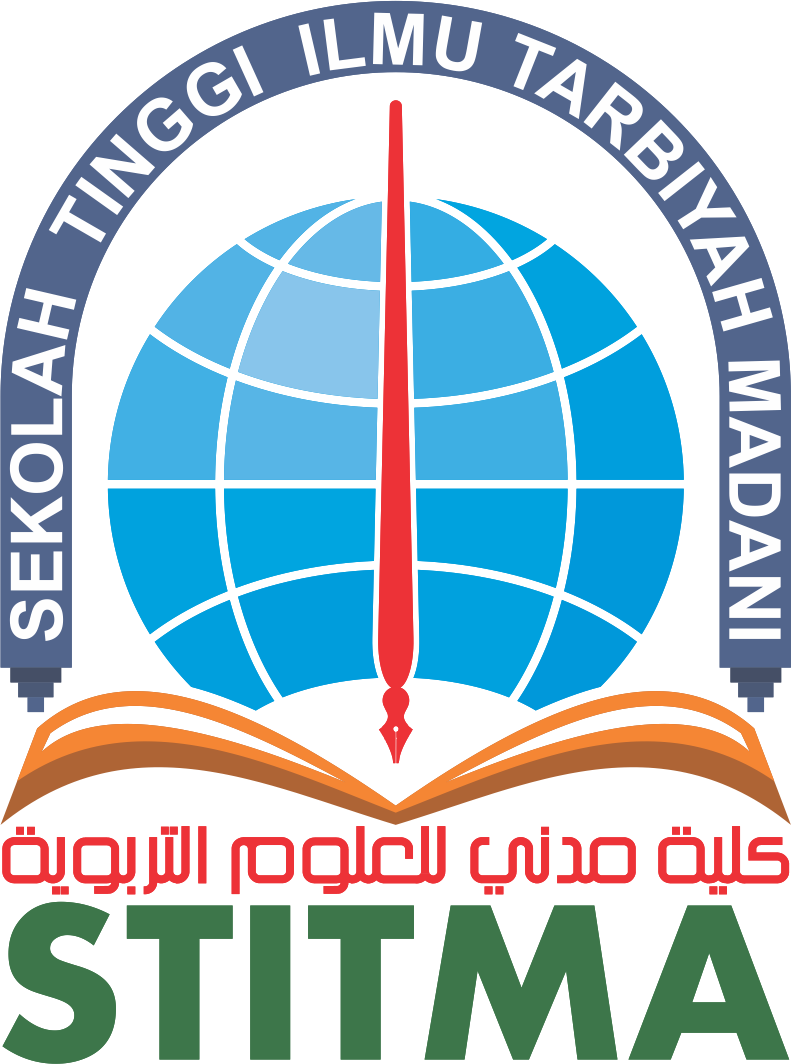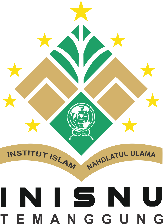Culturally Responsive Assessment and Evaluation Practices in Multilingual Classrooms
DOI:
https://doi.org/10.59944/postaxial.v3i2.442Keywords:
culturally responsive assessment, multilingual classrooms, inclusive education, educational equity, student engagementAbstract
This study explores the implementation of culturally responsive assessment and evaluation practices in multilingual classrooms. It aims to examine how educators adapt their assessment strategies to accommodate the cultural and linguistic diversity of their students. The research highlights the importance of making assessments more inclusive and equitable, ensuring that all students have an equal opportunity to demonstrate their learning. Through qualitative methods, including interviews, classroom observations, and document analysis, the study identifies the types of culturally responsive assessments used by teachers, the challenges they face, and the impact of these practices on student engagement and academic performance. The findings suggest that culturally responsive assessments enhance students' motivation, participation, and perceptions of fairness. However, challenges such as inadequate training, limited time, and a lack of institutional support remain. The study concludes that culturally responsive assessment practices have the potential to significantly improve educational outcomes, but require ongoing support and professional development for teachers to be fully effective.
References
Abedi, J. (2004). The No Child Left Behind Act and English language learners: Assessment and accountability issues. Educational Researcher, 33(1), 4–14. https://doi.org/10.3102/0013189X033001004
Banks, J. A. (2015). Cultural diversity and education: Foundations, curriculum, and teaching (8th ed.). Routledge.
Bennett, C. I. (2013). Comprehensive multicultural education: Theory and practice (7th ed.). Pearson Education.
Bowen, G. A. (2009). Document analysis as a qualitative research method. Qualitative Research Journal, 9(2), 27–40. https://doi.org/10.3316/QRJ0902027
Braun, V., & Clarke, V. (2006). Using thematic analysis in psychology. Qualitative Research in Psychology, 3(2), 77–101. https://doi.org/10.1191/1478088706qp063oa
Creswell, J. W. (2014). Research design: Qualitative, quantitative, and mixed methods approaches (4th ed.). SAGE Publications.
Cummins, J. (2000). Language, power, and pedagogy: Bilingual children in the crossfire. Multilingual Matters.
DeJarnette, A. F. (2018). Preparing teachers for culturally responsive teaching: Strategies for culturally sustaining practices. Journal of Education and Practice, 9(12), 36-43. https://doi.org/10.7176/JEP
Fitrianto, I. (2024). Critical Reasoning Skills: Designing an Education Curriculum Relevant to Social and Economic Needs. International Journal of Post Axial: Futuristic Teaching and Learning, 245-258.
Fitrianto, I. (2024). Innovation and Technology in Arabic Language Learning in Indonesia: Trends and Implications. International Journal of Post Axial: Futuristic Teaching and Learning, 134-150.
Fitrianto, I. (2024). Strategi Guru Pai Dalam Mengatasi Kesulitan Belajar Pada Mata Pelajaran Hadis Kelas 8 MTS Ibadurrahman Subaim. IJER: Indonesian Journal of Educational Research, 356-363.
Fitrianto, I., & Abdillah, F. M. (2018). MODEL PEMBELAJARAN PROGAM PEMANTAPAN BAHASA ARAB DAN SHAHSIAH (KEMBARA) KE 4 MAHASISWA KOLEJ UNIVERSITI ISLAM ANTAR BANGSA SELANGOR (KUIS) TAHUN 2018. University of Darussalam Gontor 15-16 September 2018, 121.
Fitrianto, I., & Saif, A. (2024). The role of virtual reality in enhancing Experiential Learning: a comparative study of traditional and immersive learning environments. International Journal of Post Axial: Futuristic Teaching and Learning, 97-110.
Fitrianto, I., Hamid, R., & Mulalic, A. (2023). The effectiveness of the learning strategy" think, talk, write" and snowball for improving learning achievement in lessons insya'at Islamic Boarding School Arisalah. International Journal of Post Axial: Futuristic Teaching and Learning, 13-22.
Fitrianto, I., Setyawan, C. E., & Saleh, M. (2024). Utilizing Artificial Intelligence for Personalized Arabic Language Learning Plans. International Journal of Post Axial: Futuristic Teaching and Learning, 30-40.
Gay, G. (2010). Culturally responsive teaching: Theory, research, and practice (2nd ed.). Teachers College Press.
Ginsberg, M. B., & Wlodkowski, R. J. (2000). Diversity and motivation: Culturally responsive teaching in college (1st ed.). Jossey-Bass.
Heitner, K. L., & Jennings, M. E. (2016). Culturally responsive assessment. In R. Papa (Ed.), Springer Encyclopedia of Educational Philosophy and Theory. Springer.
Herrera, S. G., Murry, K. G., & Cabral, R. M. (2018). Assessment accommodations for classroom teachers of culturally and linguistically diverse students (2nd ed.). Pearson.
Krueger, R. A., & Casey, M. A. (2015). Focus groups: A practical guide for applied research (5th ed.). SAGE Publications.
Ladson-Billings, G. (1995). Toward a theory of culturally relevant pedagogy. American Educational Research Journal, 32(3), 465–491. https://doi.org/10.3102/00028312032003465
Lucas, T., & Villegas, A. M. (2013). Preparing linguistically responsive teachers: Laying the foundation in preservice teacher education. Theory into Practice, 52(2), 98–109.
Maxwell, J. A. (2012). A realist approach to qualitative research. SAGE Publications.
Merriam, S. B. (2009). Qualitative research: A guide to design and implementation (2nd ed.). Jossey-Bass.
Nieto, S., & Bode, P. (2018). Affirming diversity: The sociopolitical context of multicultural education (7th ed.). Pearson.
Paris, D., & Alim, H. S. (2017). Culturally sustaining pedagogies: Teaching and learning for justice in a changing world. Teachers College Press.
Patton, M. Q. (2002). Qualitative research & evaluation methods (3rd ed.). SAGE Publications.
Sleeter, C. E. (2011). The academic and social value of ethnic studies: A research review. National Education Association Research Department.
Solano-Flores, G. (2008). Who is given tests in what language by whom, when, and where? The need for research on test use. Educational Researcher, 37(2), 96–102.
Stake, R. E. (2010). Qualitative research: Studying how things work. Guilford Press.
Villegas, A. M., & Lucas, T. (2007). The culturally responsive teacher (1st ed.). Harvard Education Press.






